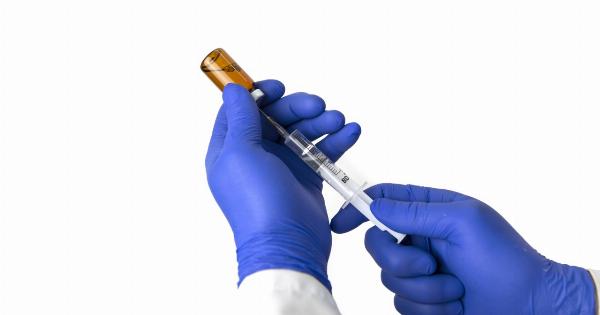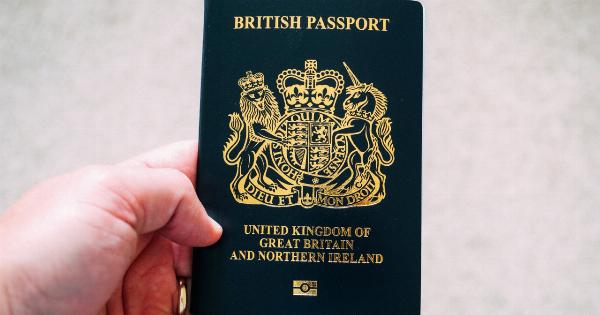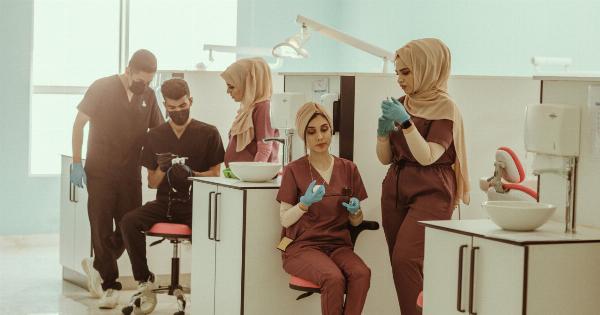The COVID-19 pandemic has brought about a new world order, one where healthcare systems are pushed to their limits and emergency protocols are put in place to keep hospitals operating.
In such conditions, many people have been forced to make tough choices about their healthcare needs. One such choice is the decision to stop taking their cholesterol medication. It is easy to understand why this would happen: people may be running out of medication or may not have the means to renew their prescriptions.
However, stopping cholesterol medication can have serious consequences, particularly during a healthcare emergency. In this article, we’ll examine the dangers of discontinuing cholesterol medication and what you should know should you find yourself in such a position.
What It Does: Cholesterol Medication
Cholesterol medication, typically comprised of statins, is a class of drugs that lower the level of cholesterol in the blood by either blocking its production or increasing its absorption.
People who have high levels of cholesterol, also known as hypercholesterolemia, are prescribed these drugs to lower their cholesterol levels and prevent any complications that may arise from high levels of cholesterol in the bloodstream.
High levels of cholesterol are associated with numerous health conditions, including heart disease, stroke, heart attack, and peripheral arterial disease (PAD).
Cholesterol medication, therefore, can help prevent these conditions, and, in some cases where a person has already developed these conditions, can reduce the risk of further complications.
The Dangers of Discontinuing Your Cholesterol Medication
Stopping cholesterol medication, particularly if it’s been prescribed to you on a long-term basis, can be dangerous, and in some cases, life-threatening.
A sudden halt in medication can cause a rebound effect, leading to a rapid increase in cholesterol levels. In extreme cases, this can lead to damage to blood vessels and organs, and even death.
Discontinuing statins can also cause a range of symptoms, including muscle pain, stiffness, and weakness.
These symptoms may not necessarily be life-threatening, but they can significantly impact a person’s quality of life, and may take time to resolve even if the medication is resumed.
Emergency Healthcare and Cholesterol Medication
Given the current healthcare emergency created by the COVID-19 pandemic, some people may feel like stopping their cholesterol medication is a viable option.
However, it’s important to note that during an emergency, access to healthcare can be disrupted, and medication supply chains may be interrupted. While these disruptions are understandable, and in some cases, inevitable, stopping your cholesterol medication should be a last resort, and only if all other options have been thoroughly exhausted.
If you find yourself in need of medication, here are some things you can do to ensure that you continue receiving the care you need, even in an emergency:.
1. Make Sure You Have Enough Medication
If you’re running low on medication, try to refill your prescription as soon as possible.
You can ask your doctor to write you a longer prescription, or request a larger refill than you typically would, to help you weather a potential medication shortage. Remember that if your medication is delivered by mail, delivery times may be slower than usual, so plan accordingly.
2. Contact Your Healthcare Provider If You Run Out
If you run out of medication, don’t hesitate to contact your healthcare provider. They may be able to prescribe you an alternative medication or provide other solutions to help you continue managing your cholesterol levels.
3. Don’t Assume That You Can Stop Your Medication
If you’re having trouble accessing medication, it can be tempting to stop taking it altogether. However, as we’ve discussed, this can be dangerous, particularly if you’ve been on your medication for a long time.
Unless you’re advised by a healthcare professional to stop taking medication, don’t take the decision into your own hands.
4. Practice Healthy Habits
In addition to taking medication, many people manage their cholesterol by practicing healthy habits. This may include following a healthy diet, exercising regularly, and quitting smoking.
While none of these habits can fully replace medication in managing high cholesterol levels, practicing them can help mitigate the risk of complications if you’re unable to access your medication.
Conclusion
Discontinuing cholesterol medication can have severe consequences, particularly during a healthcare emergency such as the COVID-19 pandemic.
While it’s understandable that medication may be difficult to access during such times, stopping cholesterol medication should be a last resort, and only if you’re advised to do so by a healthcare professional. By taking steps to ensure that you have enough medication on hand, contacting your healthcare provider if you run out, and practicing healthy habits, you can continue to manage your cholesterol levels, even in an emergency.






























